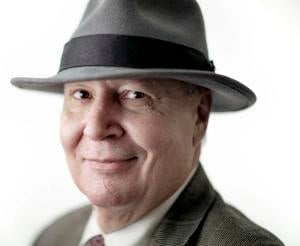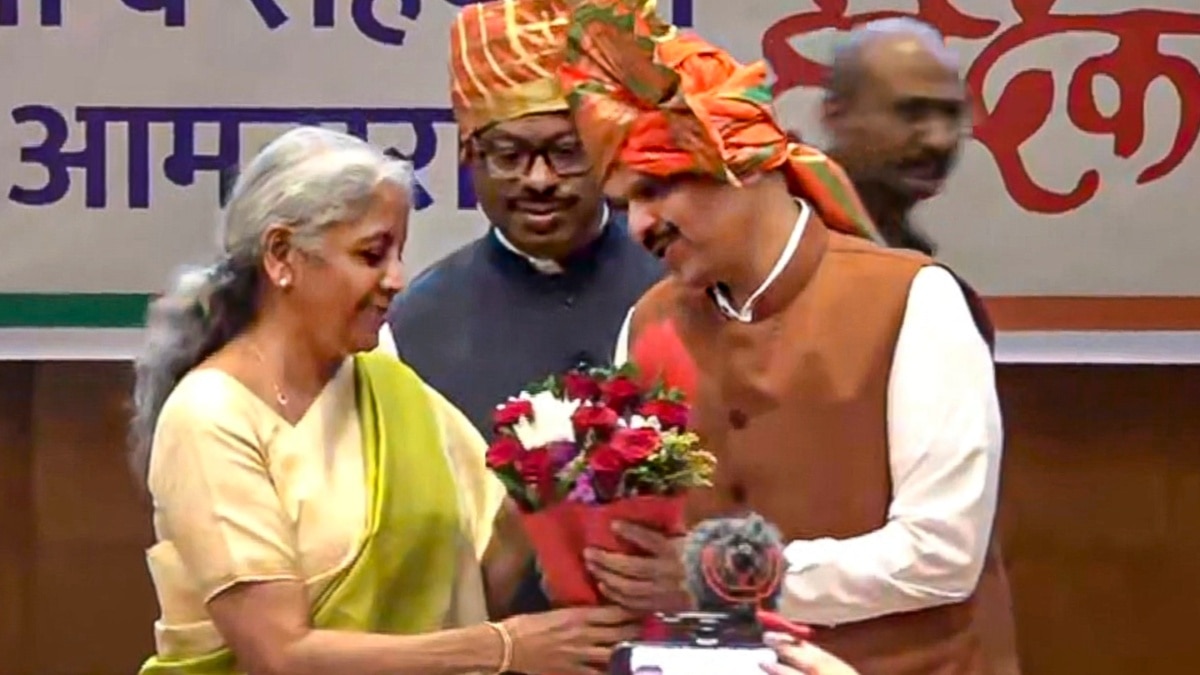
Santa Fe City Councilor Michael Garcia says he doesn't have time these days to think about running for mayor. He is absorbed in helping his daughter, a phenom at math, navigate the application process to Yale, Smith, Georgia Tech, Rensselaer Polytechnic Institute and other excellent schools. As for whether a mayoral campaign remains possible, Garcia answers in two words: "Yes.
Absolutely." That's a change from election night 2023, when Garcia won his second term on the City Council. I interviewed him in his living room, and he told me he was focused on serving as a councilor for the next four years.

If he runs for the top job, there's an obvious question: Are basic city services so bad that neither Garcia nor any other insider can win the mayoral election in 2025. The obvious answer is no one knows. Full-time Mayor Alan Webber deserves more blame for city government's failings than do the eight part-time councilors.
But public dissatisfaction with all of them is higher than when Webber won his second term as mayor in 2021. Crime, terrible roads, stonewalling on the release of public records and countless other deficiencies mean a segment of voters will look for fresh leadership in the mayoral election. Garcia might still appeal to some who want a shakeup.
He is something of an outcast among City Hall insiders. Garcia communicates with his constituents without worrying about displeasing Webber or Webber's loyalists on the City Council. One recent example of Garcia's independence came after the councilors and Webber held a lengthy private meeting to discuss Webber's first nominee to be interim city manager.
The mayor's choice was City Attorney Erin McSherry. But when the public portion of the meeting finally resumed after midnight, Webber withdrew the item proposing McSherry's appointment. Webber would later claim McSherry wanted to remain as head of the legal department.
Maybe she did after feeling political headwinds in the secret session. Contradicting Webber's account, Garcia publicly said McSherry didn't have the votes to be confirmed. He riled at least a couple of fellow councilors who fretted about maintaining a code of silence for their secret meetings.
Garcia did not lose his First Amendment rights when he became a city councilor. He offered residents his view of why an important appointment was scheduled for a vote in open session, only to be shelved while the city slept. The fact that Webber's account differed from Garcia's only meant someone applied reverse English to a sensitive topic.
Spin is a common occurrence in Webber's administration. The mayor once hailed the submission of a financial audit that was 18 months late as an "important milestone." Dissatisfaction with city government is strong enough that the field of mayoral candidates is sure to be larger than the three-way race of 2021 and perhaps the five-way competition of 2018.
Already two people who aren't part of the municipal government are campaigning for mayor. I can envision another half-dozen entering the race, maybe more if Webber does not seek a third term. If Webber runs again, his wealth and fundraising prowess would scare off some candidates.
He spent $507,000 in his 2021 campaign, the most ever for a city election in Santa Fe. Webber's main competitor, former City Councilor JoAnne Vigil Coppler, had less than one-third as much money — $156,000. Lacking cash, Vigil Coppler also ran a poor campaign.
Her path to victory narrowed if turnout was low. She needed to fire voters with enthusiasm but generated none. Webber won easily as only 30% of eligible voters cast ballots.
In raw numbers, 18,161 people voted. Santa Fe's mayoral election of 1994 drew more voters when the city had 23,000 fewer residents. Heading into next year, the mood might be similar to the 2018 mayoral election that vaulted an outsider to office.
That newcomer was Webber. He faced four opponents. Three were sitting city councilors.
The other formerly headed the city Economic Development Department. A scandal was on the minds of many voters. They had approved a $30.
3 million bond issue to improve parks and trails, only to be deceived by their government. Executives in then-Mayor David Coss' administration diverted at least $2 million to pay employee salaries. Promises to improve various parks were broken.
Better to keep people on the public payroll during the national recession than comply with terms of the bond issue, the City Hall crowd rationalized. Then-City Attorney Geno Zamora told other municipal executives it was permissible to pay employees with the bond money. He later admitted he was wrong.
Many grievances of today are different from complaints that were aired in 2018. But there's a common thread. Weak leadership remains the biggest obstacle to progress in the city.
Ringside Seat is an opinion column about people, politics and news. Contact Milan Simonich at [email protected] or 505-986-3080.
.










